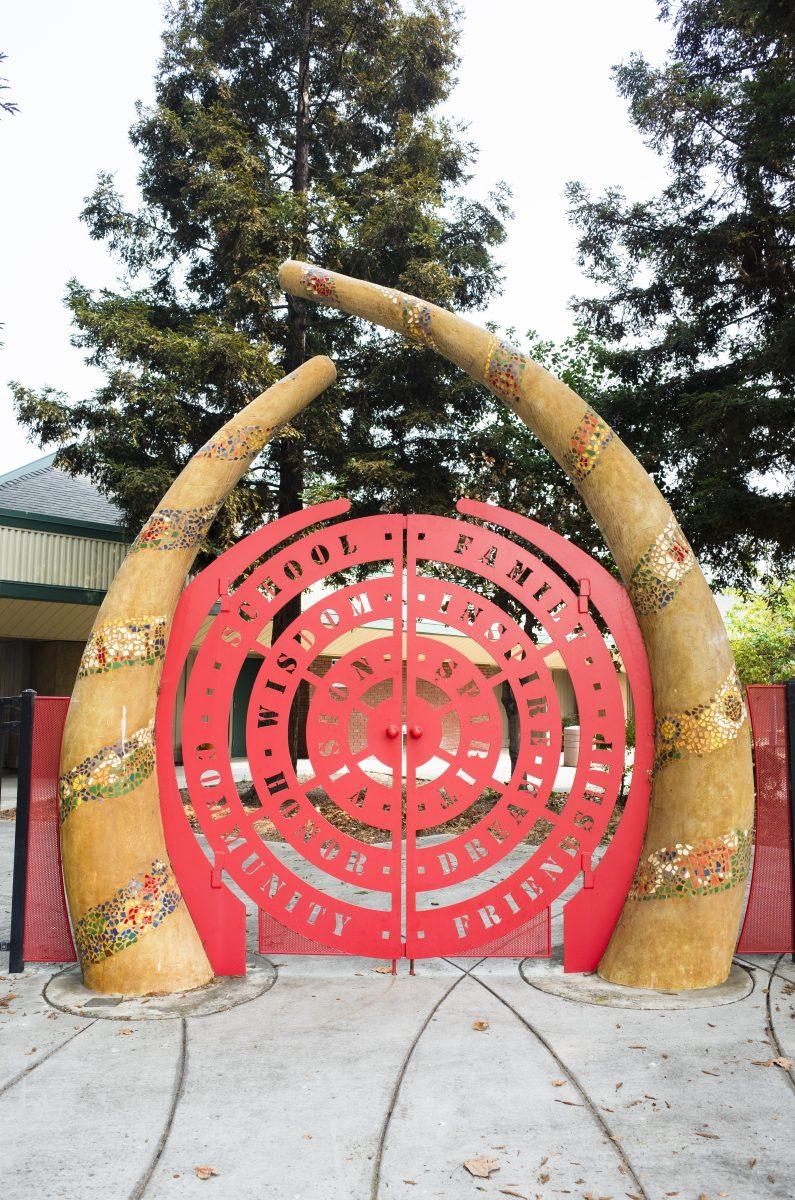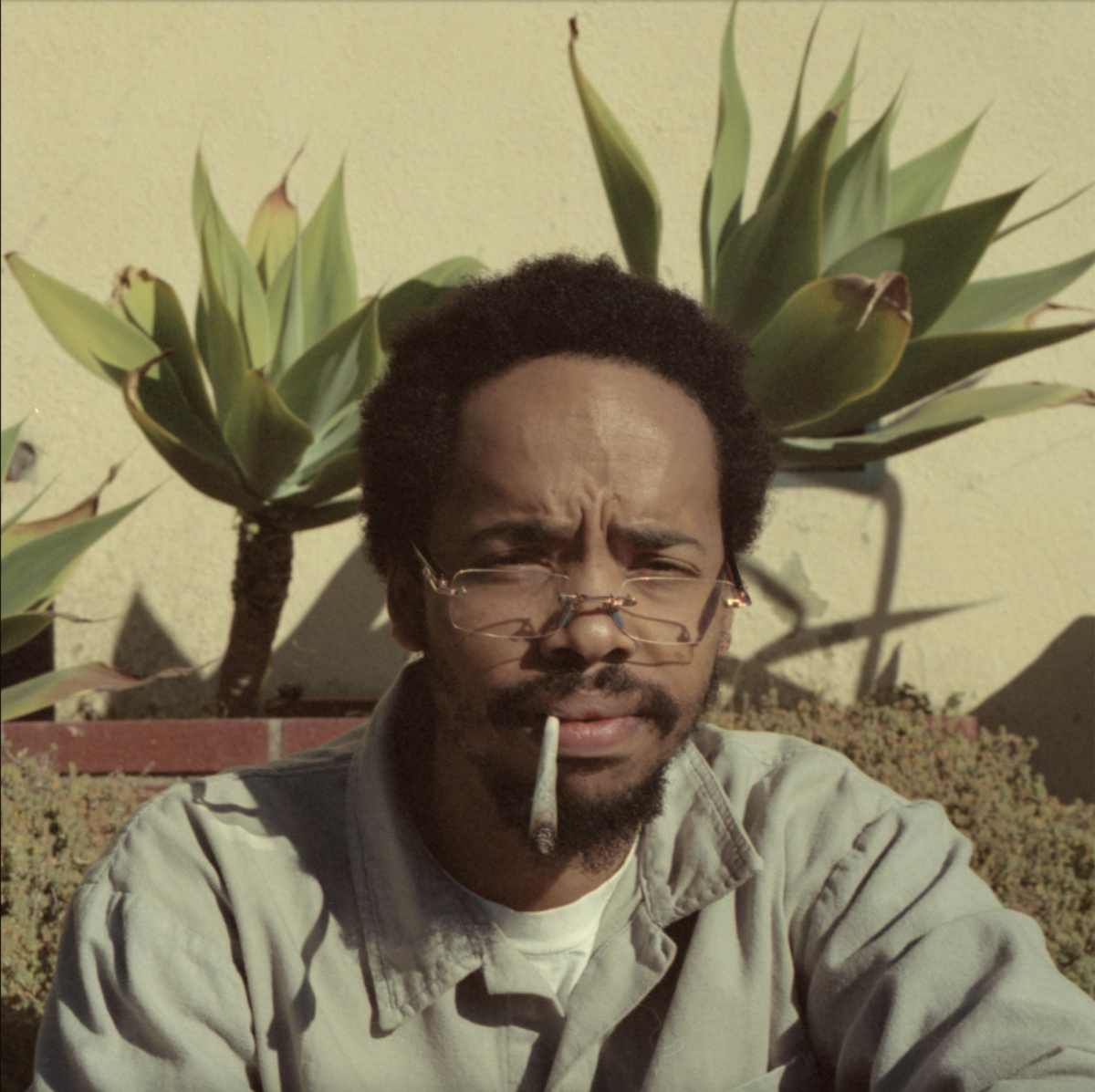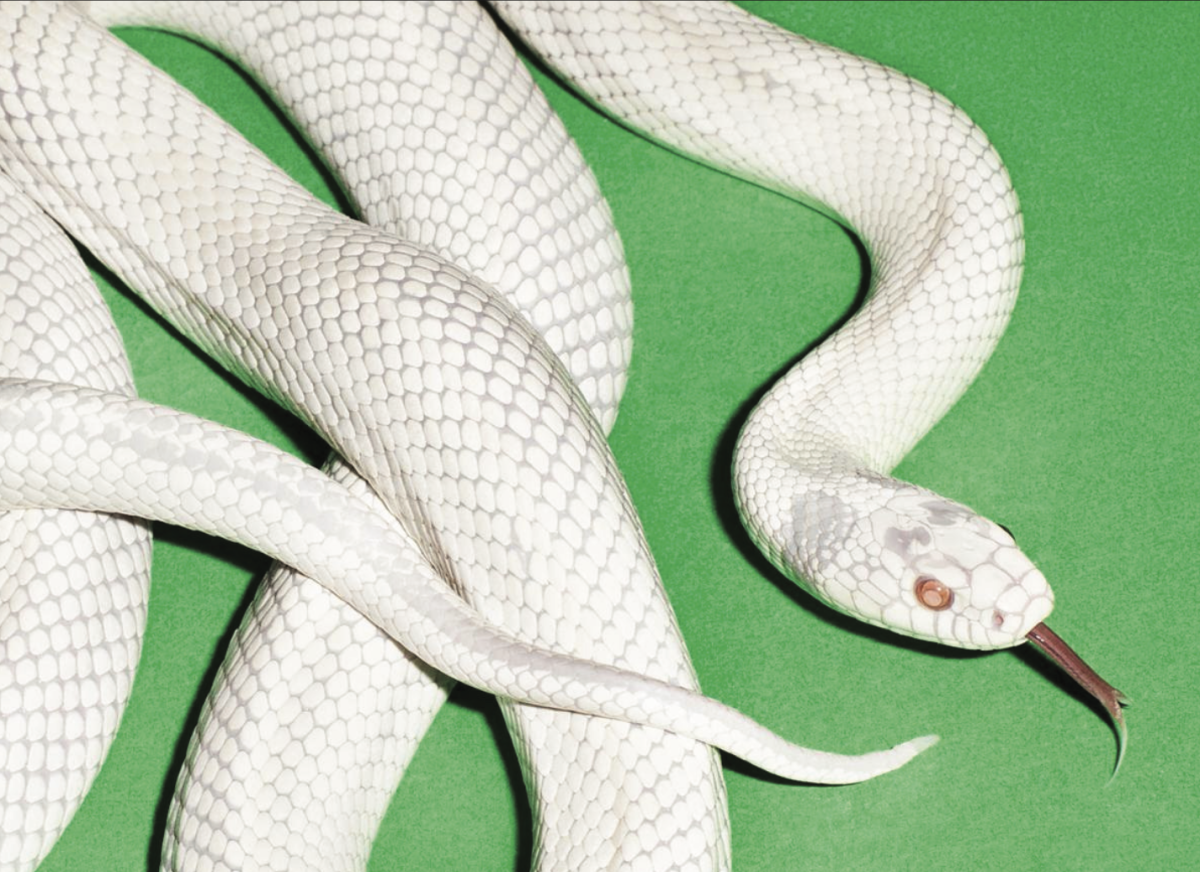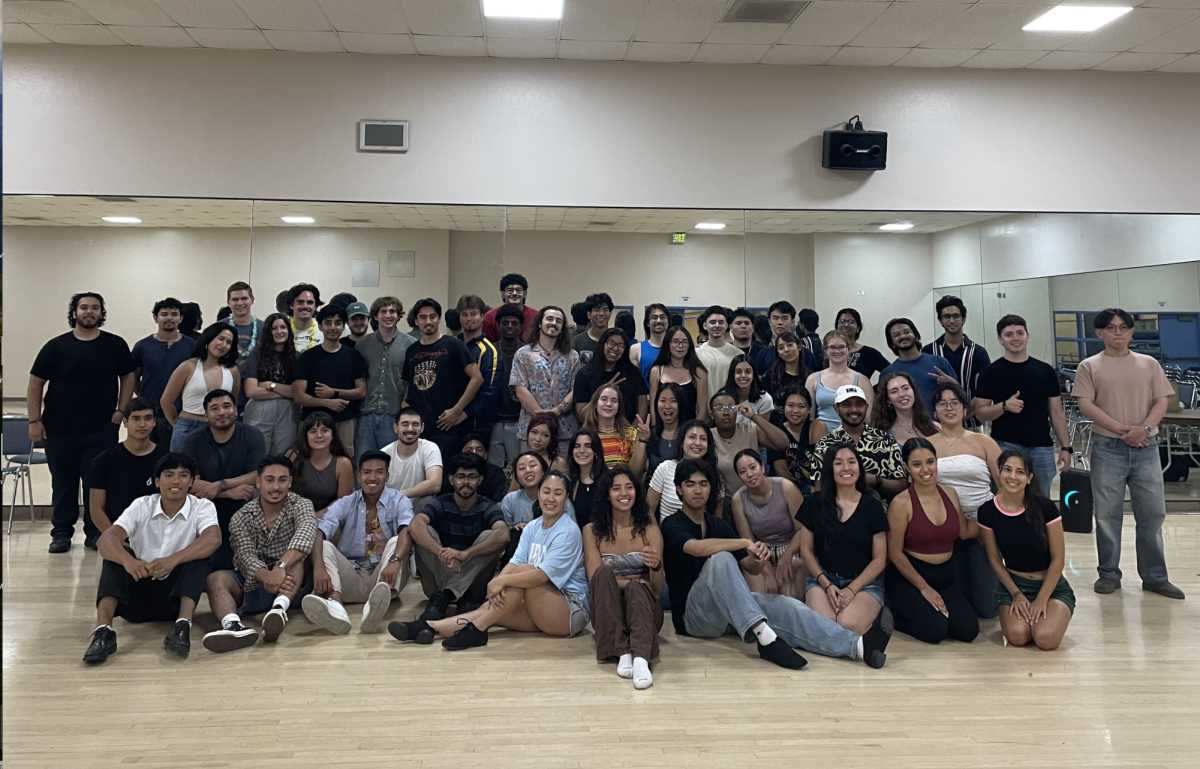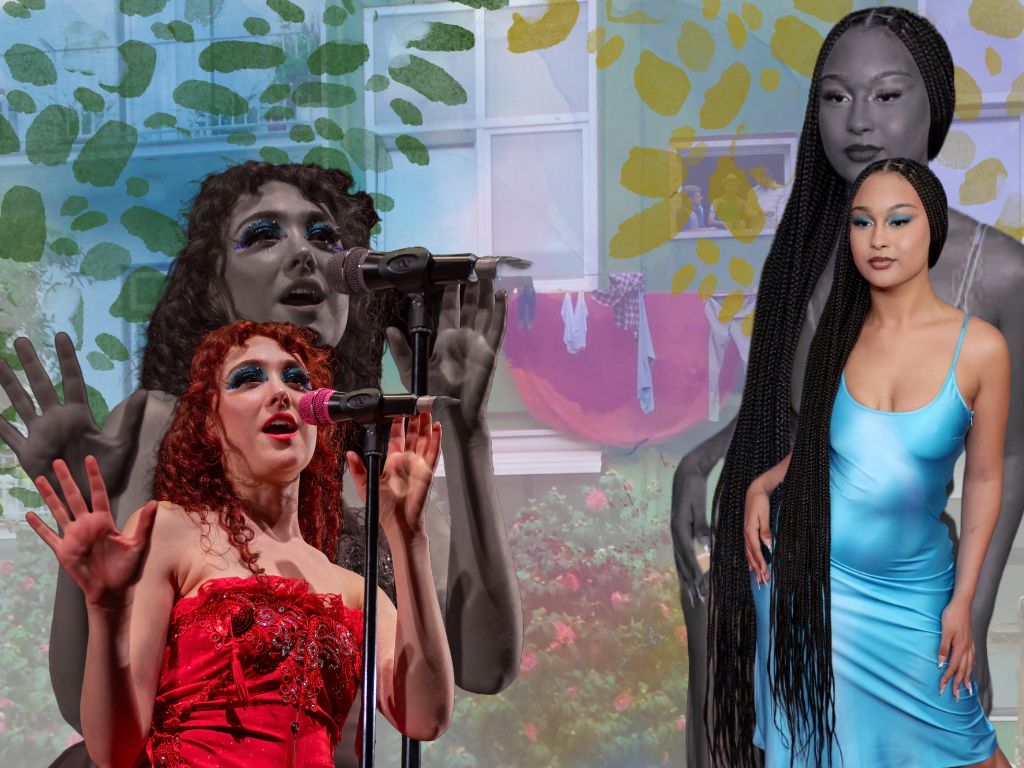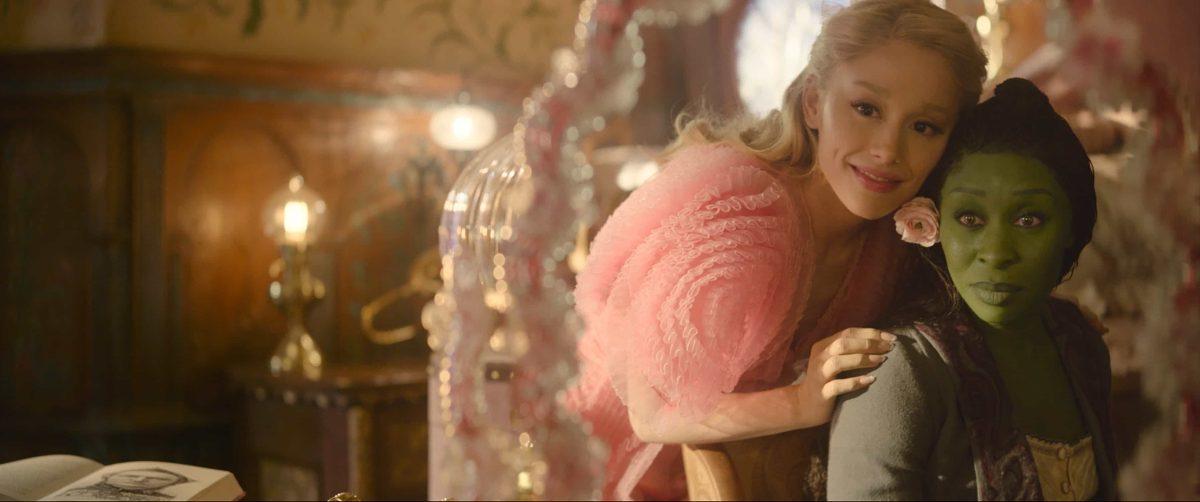San Jose Arts Advocates, an organization dedicated to supporting cultural art, organized a city council candidate forum that focused on increasing funding for the arts and developing a more culturally diverse community.
DISTRICT 6:
On Sept. 10, the first debate with San Jose City Council District 6 candidates occurred with Dev Davis, who is running for reelection, and new candidate Jake Tonkel.
The debate was moderated by San Jose Jazz Executive Director Brendan Rawson and Sangam Arts founder Usha Srinivasan.
San Jose Jazz is a nonprofit organization that celebrates the music genre, while Sangam Arts is a nonprofit that provides a platform for cultural dancers.
Tonkel, a biomedical engineer and community activist, said he would advocate for more art galleries and murals in areas of the city that lack cultural diversity.
“There are areas that are traditionally left behind, and I would really love to see us start to expand into neighborhoods that don’t necessarily have that same kind of access or the same kind of voice within the city,” he said.
Davis, the District 6 incumbent, said the city is doing more to highlight groups of diverse artists and is focused on improving theater and the visual arts.
She said she’d love to see more access to music programs for students whose schools have limited funding.
Candidates were asked how they would cultivate San Jose’s diversity to build a stronger cultural community given that more than 50% of residents speak a language other than English.
Tonkel said that, in order to preserve non-English-speaking cultures, the city needs to invest in new kinds of art that promote engagement and fresh perspectives.
“I think one of the good ways that council members do this is actually through invocations at council meetings,” Davis said. “It’s a way that brings [diversity in arts] in so that the entire city can experience it.”
Rawson asked the candidates if they would support the proposed “private percent for public policy” initiative which would require building developers to pay a 1% fee for public art.
“I do want to see what the study says and what can come through,” Davis said. “But at the same time we have to maintain that balance of being able to make sure that developers still want to bring more jobs and build more housing for San Jose.”
Tonkel said he would support the policy because increased art funding could bring artists and residents together in times of self-isolation.
Candidates also addressed the “hotel tax,” known as the Transient Occupancy Tax (TOT), which is crucial for San Jose’s art funding and has decreased by more than $5 million during the pandemic.
“This year, because of the pandemic, the TOT tax has plummeted, resulting in a reduction of 70% or $5 million, reduction in cultural grants programs,” Srinivasan said.
Srinivasan asked candidates if they would support an increase in the portion of the TOT that is allocated to cultural programs and moving the Office of Cultural Affairs administration costs to the general fund, allowing more of the TOT dollars to be invested in local arts.
Davis said an increase in the TOT from the current 60% is too much.
“The inequality in wages could be utilized for art investment,” Tonkel said. “We have families struggling to survive and skipping meals for their kids. This doesn’t bode well for getting people out of their homes and engaging in the art and culture of the city.”
Audience member Sebastian, who did not provide a last name, mentioned the single biggest challenge he faces as a full-time artist is rent for his housing and studio space.
“I’d like to hear about perspectives on how this specifically affects the arts and how [you would] address [the] issue [of affordable housing for artists],” he asked.
Tonkel said San Jose’s challenge is providing affordable housing options for artists who might be facing difficulty.
“We’ve built a lot of luxury development over the last couple of years and not really been able to carve out spaces that are affordable,” he said. “But the very first step we need to take is making sure we’re getting that on-site affordable housing in new projects.”
Davis said the city’s been lacking workspace for artists and councilmembers should explore the issue further.
DISTRICT 4:
San Jose Art Advocates hosted the District 4 debate on Monday with candidates David Cohen and Lan Diep.
This debate was led by San Jose slam poet Mighty Mike McGee and Amanda Rawson, the project manager for Arts Build Community. Amanda Rawson and Brendan Rawson are married.
Arts Build Community is a woman-led art planning firm that allows artists to showcase their creative works within the designs of city infrastructure.
District 4 incumbent Diep said art has a cohesive nature and could be humbling for cultural communities. He mentioned the city is discussing a potential relocation for the San Jose Flea Market, but he wanted to acknowledge the importance of its current Berryessa location.
“There is a lot of room to use art to preserve the history and significance of the flea market as a famous place in San Jose,” Diep said.
Cohen, a high-tech engineer, said he feels like north San Jose has been developing without a “sense of place” but has a lot of potential to foster an art culture. He mentioned it’s important to create gateways into San Jose’s neighborhoods and create art on existing infrastructure.
McGee asked the candidates about the 1% fee requiring building developers to pay for public art.
Cohen said he agreed with the idea because artistically appealing developments can make them more profitable.
Diep said he supports the proposed policy but is concerned about when it would begin and how it would affect building developers.
Rawson mentioned the $5 million decrease in funding from the cultural grant program and asked candidates if they would support a 30% increase in hotel taxes for the Cultural Arts program.
Cohen said the city should make art a priority, regardless of where funding comes from.
“When you get into difficult times, you’re going to have to make those difficult decisions about what gets preserved and what gets saved,” Cohen said. “You’re going to need those arts when you recover to keep the city on the map and to keep people occupied and employed.”
Diep said he supports finding new revenue sources to fund art but is reluctant to act on the general fund and to make any commitment. He said San Jose should be stable enough to make it possible in the future.
Candidates were asked if they would work to secure the plan to update Cultural Connection, a city initiative created in 2011 to prioritize art and culture.
“I think everyone appreciates music and theater and all the ways art can create a sense of place in our community,” Diep said. “We have a plan and will renew it and I’m certain that we will look at it with new eyes and try to update to 2020 standards.”
Cohen agreed that it’s important to preserve the plan.
McGee asked candidates for ideas that would enhance artwork in their district and support artists during times of self-isolation.
“I think that just doing those local things that people in the community can see and look at on their own time and space is helpful,” Cohen said.
Diep said there’s a misconception that being American is more important than someone’s native cultural identity. He said people of different communities tend to downplay their cultures, but said displaying diversity can bring everyone together.
A San Jose resident asked what the candidate’s thoughts were on revitalizing the economy and community health benefits through art programs that can increase music therapy and social distancing concerts.
Diep said he supports that and said while people are sheltering in place, the arts can naturally build a stronger community.
“It is this social glue that draws us out,” he said.
Cohen finished off the debate by saying it’s important to promote community art participation and cultivate more venues for live performances once people are no longer required to maintain social distance.





































